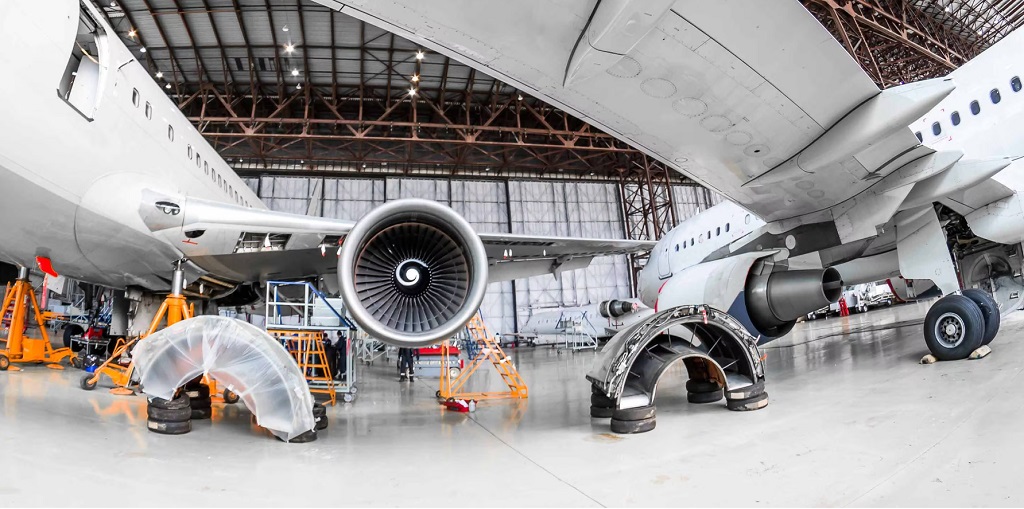Exploring the Process of Aircraft Parts Consignment

Aircraft parts have a high value but require heavy federal oversight and regulation. With a deep understanding of the industry, an outside makes it difficult to enter the market.
Airline operators must store, catalog, advertise, sell, and invoice aircraft parts. They also need to keep track of inventory, which can be time-consuming and costly.
How It Works
Aircraft parts consignment offers various benefits to airlines, the MROs and pool providers who serve them, and the passengers who fly on their flights. However, it has its cost.
Startup airlines may need more funding to acquire a full spare inventory up front, and even large operators who are already pooling may find that maintaining a substantial stock of parts can be expensive. Consequently, some choose to take advantage of a parts consignment program.
What You Need to Know
The airborne part inventory market is complex, with heavy federal oversight and regulations. For example, parts must be properly tagged and documented. This is important because a lack of documentation can devalue many overhauled aircraft components.
In addition to ensuring that the proper paperwork is in place, an airline should ensure that it has the right type of parts to meet its maintenance needs. This may include determining which part condition is acceptable based on the organization’s quality standards.
Aside from reducing storage space, an airline can save on repair costs by participating in spares pooling. This allows it to have instant access to replacement parts, which results in less Aircraft on-ground time. However, before an airline can join a pool, it must understand the benefits and costs associated with the process. For instance, it must consider the cost of storing and shipping the parts and replacing them in case they are lost or damaged during shipment.
Getting Started
Aircraft owners can reduce costs associated with their inventory by allowing an experienced company to manage their parts through consignment. A well-managed consignment program offers a quick, easy, and cost-effective way to reduce aircraft expendables costs while improving operational effectiveness and reducing AOG costs.
A consignment contract requires the operator to track its inventory at its facility and promptly notify the supplier when a part is consumed. The supplier then audits the inventory site periodically to keep both parties accountable. The resulting agreement allows each party to minimize inventory management costs, including storage/hangar keeper liability, while maintaining the full availability of vital spare parts.
During the teardown, aircraft owners must be sure that their chosen consignment supplier has the staff, approvals, and funding to complete the project efficiently and at fair market value (FMV). The supplier should also have experience in managing aircraft and component sales. The supplier should be able to provide proof of insurance on the cargo and a warranty for the parts sold.
